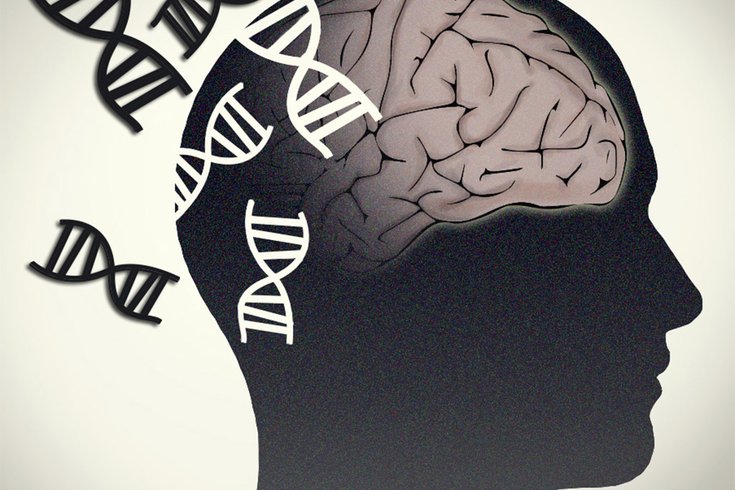
May 27, 2019
 Credit: Jonathan Bailey, National Human Genome Research Institute/via Flickr Creative Commons
Credit: Jonathan Bailey, National Human Genome Research Institute/via Flickr Creative Commons
.
Mutations in so-called "junk DNA" can cause autism, according to a groundbreaking study published Monday.
The study, which used artificial intelligence technology, is the first to link such mutations to the developmental disorder. Researchers have been looking for specific, autism-causing genes since 2003, when the human gene was first mapped.
The research, led by Olga Troyanskay, deputy director for genomics at the Flatiron Institute's Center for Computational Biology (CCB) in New York City and a professor of computer science at Princeton University, in collaboration with Robert Darnell, the Robert and Harriet Heilbrunn Professor of Cancer Biology at Rockefeller University and an investigator at the Howard Hughes Medical Institute, was published Monday in Nature Genetics.
Researchers used machine learning to conduct analysis on whole genomes of 1,790 individuals with autism, as well as their unaffected parents and siblings, according to a news release from the Simons Foundation, via Eureka. The Flatiron Institute is the research division of the Simons Foundation.
With no family history of autism, the genetic cause of these individuals' conditions was probably spontaneous, not inherited, mutations, researchers said.
According to the foundation:
"The analysis predicted the ramifications of genetic mutations in parts of the genome that do not encode proteins, regions often mischaracterized as 'junk' DNA. The number of autism cases linked to the noncoding mutations was comparable to the number of cases linked to protein-coding mutations that disable gene function."
The implications of the work extend beyond autism, Troyanskaya says. "This is the first clear demonstration of non-inherited, noncoding mutations causing any complex human disease or disorder."
The same techniques might be employed by scientists to assess the role played by noncoding mutations in diseases like cancer and heart disease, according to study co-author Jian Zhou of CCB and Princeton. "This enables a new perspective on the cause of not just autism, but many human diseases," he said in the statement.
Troyanskaya said work will continue to improve and expand the research method, with one goal: better ways to use genetic data in the diagnosis and treatment of diseases and disorders.
"Right now, 98 percent of the genome is usually being thrown away," she sa. "Our work allows you to think about what we can do with the 98 percent."